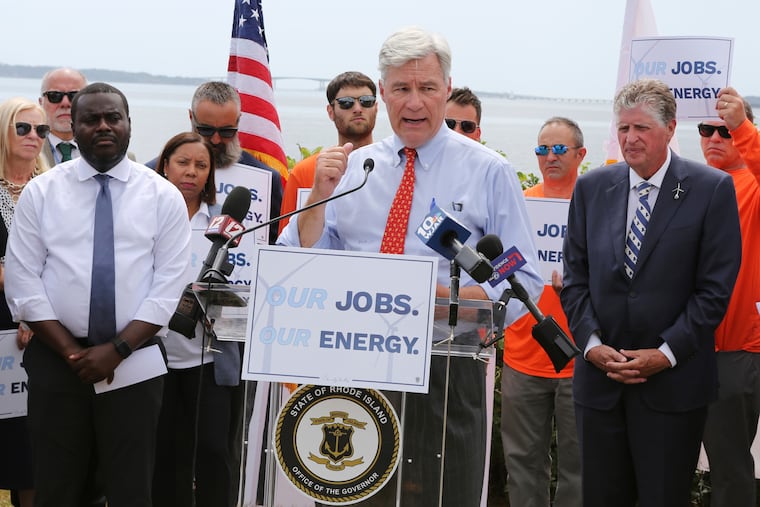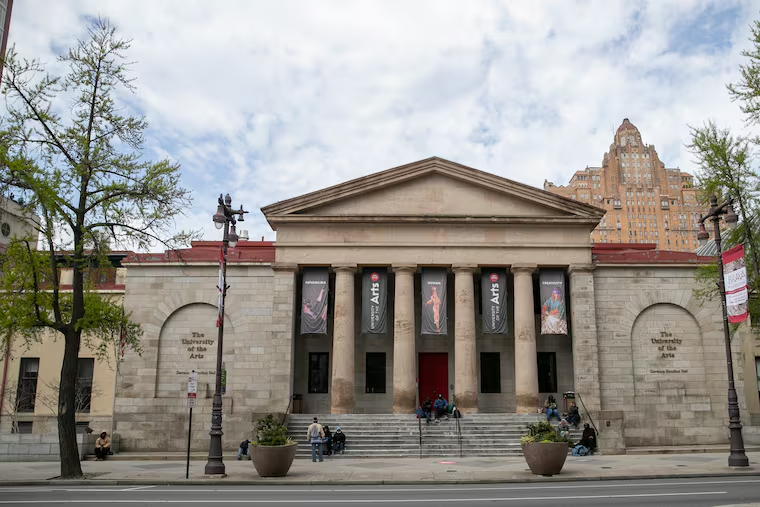Luisa Gonzalez Seeks Ecuador Presidency Amid Concerns Over Correa’s Influence

In the midst of Ecuador’s turbulent political landscape, the upcoming presidential election highlights a significant moment for voters grappling with disillusionment with the existing political order. Despite the controversies surrounding President Daniel Noboa’s administration, including allegations of human rights abuses and executive overreach, the electorate remains engaged. Voter participation is mandatory in Ecuador, and this requirement was underscored in the first round of voting this year, during which nearly 9 percent of ballots were null or blank—an alarming indicator of widespread dissatisfaction among the populace.
Analysts suggest that discontent with the current administration may lead voters to consider candidate Luisa Gonzalez, not solely on the merits of her campaign, but as a more significant reflection of their frustration with Noboa. Political consultant Jacobo Garcia highlights that a critical factor influencing voter behavior may be the perception of Noboa’s diminishing momentum and escalating missteps throughout his term.
Furthermore, Gonzalez has garnered unexpected support from Indigenous leaders who previously found themselves at odds with the policies of former President Rafael Correa. Activist Gustavo Gomez, representing the Kitu Kara community, articulated a collective concerns when he remarked on the pressing need to safeguard Indigenous rights and territories against a government perceived to be neglectful of such issues. This was further solidified by a recent endorsement from the Confederation of Indigenous Nationalities of Ecuador (CONAIE), which laid out a transformative 25-point platform advocating for the repeal of decrees seen as detrimental to Indigenous interests.
These alliances signal a strategic shift within Indigenous communities, with leaders emphasizing that their backing is contingent upon genuine action on pressing issues such as environmental justice and defensive measures for activists advocating on behalf of their communities. Gomez declared a resolute intent: should Gonzalez emerge victorious, the demands from Indigenous groups will be clear, accompanied by an expected mobilization to ensure these needs are addressed.
As Ecuador approaches a critical juncture in its political journey, governance challenges loom on the horizon. Professor Avila from the University of Cuenca underscores the necessity for Gonzalez to build coalitions to navigate the fiscal challenges and political fragmentation she would likely face in office. While campaigns thrive on hope, the transition to governance necessitates a strategic approach to unite diverse interests. The real test awaits beyond the ballots.
The dynamics of this election illustrate a country at a crossroads, where the electorate’s hope for transformative leadership is tempered by the complexities of coalition-building in a divided political landscape.
#PoliticsNews #MiddleEastNews






